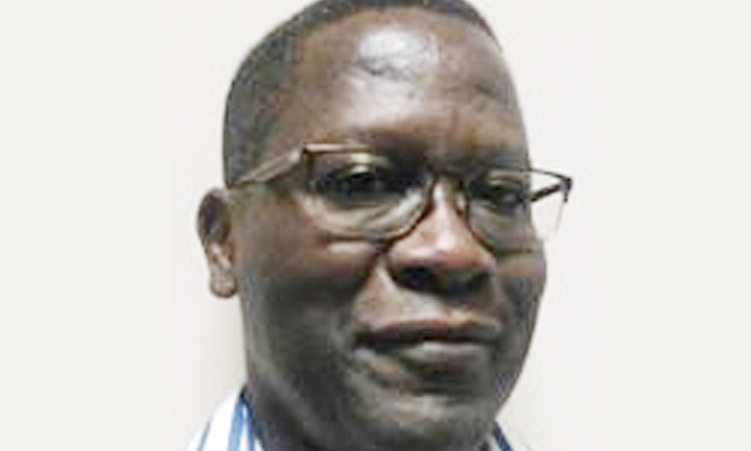I write in response to an article published in New Era on 28 March 2025 in which the author, himself a Damara ≠Nukhoe, claimed our community is self-destructive.
His arguments, however, were based on unsubstantiated assertions. As a fellow Damara ≠Nukhoe, I take issue with this generalisation, which unfairly portrays normal human shortcomings as a unique characteristic of our people.
Every example the author provided can be observed in other Namibian communities. Teachers losing their temper, for instance, is not exclusive to the Damara ≠Nukhoe, but occurs across various ethnic groups, including Basters, Hereros, Kavangos, Europeans and others.
Similarly, business failures are not limited to Damara ≠Nukhoe-owned enterprises. Global financial crises, such as the 2007-2008 meltdown, were caused by companies from diverse backgrounds, none of which had any connection to the Damara ≠Nukhoe.
Additionally, the claim that our community is feared for its supposed violent tendencies is misleading. Crime, including passion killings, road rage incidents and robberies occurs across all ethnic groups in Namibia. There is no evidence suggesting that the Damara ≠Nukhoe are disproportionately involved in such crimes.
The real issue
The real issue is the persistent stereotyping of the Damara ≠Nukhoe and San communities. Many Namibians are taught misconceptions about us, such as claims that we lack culture, or are inherently dangerous. These biases are often used to marginalise us, and diminish our historical claims to ancestral land and natural resources.
For centuries, efforts have been made to discredit and disenfranchise the Damara and San people. Our ancestors faced attacks from Nama migrants, Ovaherero groups, German colonial forces, Afrikaners under apartheid, and later, violence in the Lubango dungeons. The underlying motivation has always been control over land and resources.
As long as the Damara ≠Nukhoe exist, others cannot easily claim ownership of Namibia’s wealth, including its emerging oil and gas reserves.
Political exclusion
A recent example of our community’s marginalisation was evident in the appointment of the latest Cabinet. While many celebrated their inclusion in President NNN’s government, members of the San and Damara ≠Nukhoe communities were conspicuously absent from the top decision-making table.
Despite being Namibia’s indigenous peoples, not a single individual from these communities was appointed a minister.
While it is the president’s prerogative to appoint ministers, excluding the original inhabitants of Namibia from governance is deeply troubling. These ministers will make decisions about land, minerals, oil and gas resources that have always belonged to the Damara and San people.
If Namibia truly upholds the idea of a united nation, why are its first inhabitants missing from the government’s highest ranks? Imagine a future administration excluding Aawambo representatives. Such a scenario would be unthinkable.
A call for inclusion
Madam President has claimed to be “the mother of all.” If that is true, why are some of her children being left outside while others feast at the State table? This exclusion must be addressed urgently. While some may dismiss these concerns, history shows that marginalisation can affect any group. Today it is the Damara and San; tomorrow, it could be another community.
The Damara ≠Nukhoe and San have never ceded their ancestral rights. We have always been willing to share our land and resources, but we deserve a seat at the table. This exclusion must be rectified to build a truly inclusive Namibia.
I hope the president will reconsider this matter and engage in meaningful dialogue to ensure all Namibians, especially the indigenous people, are fairly represented in government.
* Seth !Nowasebis a lecturer, researcher, coach and teacher. He is a member of the San, Damara and Nama communities, and writes in his personal capacity. He can be contacted at: spnowaseb@yahoo.com.



